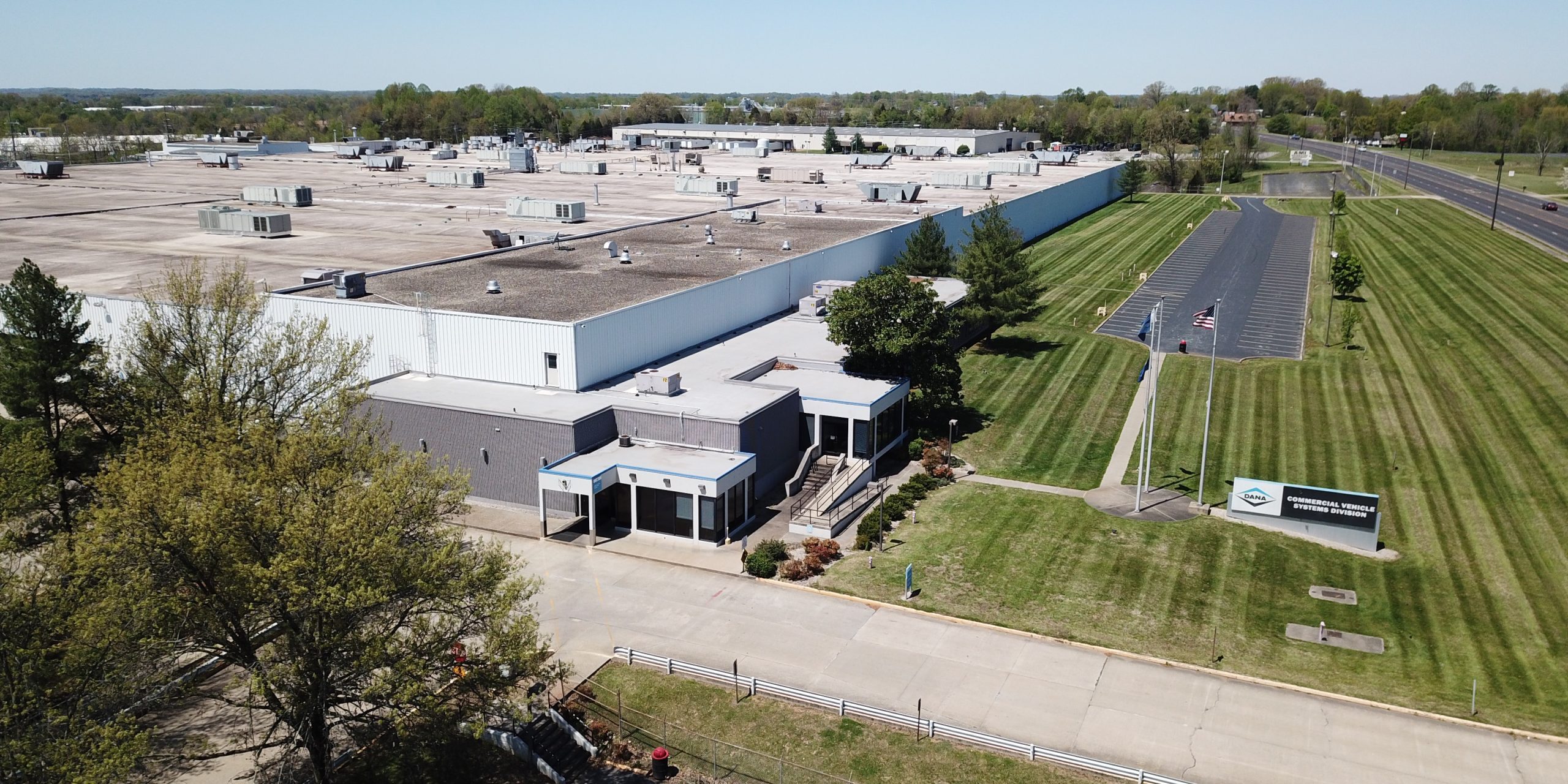In office, industrial, or retail commercial lease agreements renewal options commonly exist to protect the tenants’ right to occupy a space beyond an initial lease term. Commercial real estate brokers typically overlook the importance of heavily negotiating these renewal clauses due to the rarity of use. Like insurance, you need to have it, and you hope not to have to use it. Consider a circumstance where a tenant has invested heavily into the space and a larger neighboring tenant wanted to expand into that tenant’s space when the lease expired. Without a renewal right, the tenant would have no protection. Most recently the tight industrial real estate market of the post covid era has highlighted why having renewal options is a lifeline to protect against expanding neighboring tenants, building repositioning or redevelopment, elevated construction pricing, and tight inventory levels.
Generally, commercial leases have one or two option or renewal periods that can be elected by the tenant under a certain set of circumstances. Those circumstances typically include timely notice and default provisions to name a few. Once of the heavily negotiated clauses within the option period is how rent is determined. Most leases contain language pointing to market rent, but stating market rent is not enough. The lease should outline how market rent is to be calculated and it should detail what concessions and other contemplations should be included in that calculation. It should also have time periods for a timely proposal and response from the landlord and tenant. But what happens if the parties cannot agree? Arbitration.
What is Arbitration?
Arbitration is a dispute resolution process where parties involved in a legal agreement, such as a lease renewal, agree to resolve their disputes outside of the traditional court system. Instead of a judge and jury, an impartial third party, known as an arbitrator, is chosen to make a binding decision based on the evidence presented by both parties. Arbitration can be a quicker, less formal, and more cost-effective way to resolve disputes compared to litigation. Arbitration language often acts a deterrent to help cause both parties to come to a mutually agreeable resolution in a timely manner.
Arbitration in Lease Renewals
When it comes to lease renewal agreements, arbitration clauses are inserted to outline the process for resolving a dispute on the calculation of market rent. Inherently landlords want the rent to be high and tenants want the rent to be low, so there is no surprise that disagreements occur. For that reason, arbitration language exists to protect the integrity of the process. These clauses are typically binding, meaning that the parties involved must adhere to the arbitrator’s decision, even if they disagree with it.
Key Components of Arbitration Language in Lease Renewal Agreements
1. Selection of the Arbitrator: The lease agreement should specify how the arbitrator will be chosen. There are a variety of processes often seen in leases, which could include a single appraiser, two appraisers, three appraisers, or real estate brokers. The language will also have requirements for experience both geographical and time, and or designations indicating education and experience.
2. Arbitration Procedures: The lease renewal agreement should outline the rules and procedures that will govern the arbitration process. This includes details on how evidence will be presented, deadlines for submissions, and the overall timeline for the arbitration. It also outlines how the actual market rate is determined. My favorite approach is one where each party selects an MAI certified appraiser to present market rent calculation, and then the two appraisers agree on a third appraiser that selects one of the two market rent calculations. In my opinion, this process keeps both parties in the realm of reasonability for fear of a bad outcome. The finality and potential downsize of this approach may help both parties come to an agreement prior to having to go to arbitration in the first place.
3. Location of the Arbitration: Though arbitrations can occur in person, the lease renewal arbitration effectively occurs in the digital and paper realm, not in person.
4. Costs and Fees: The lease renewal agreement should make clear which party is responsible for covering the costs associated with the arbitration, including the arbitrator’s fees and any administrative expenses. Often, these costs are shared by both parties.
5. Finality of the Decision: It’s important to understand that the arbitrator’s decision is typically binding and final.
Renewal provisions and the arbitration language within the provisions are paramount to a lease that protects a tenants’ ability to continue to lease and occupy the space following an initial lease term. These clauses are often included, but many brokers and attorneys overlook their protectionary importance. The fact that these provisions are only exercised a small proportion of the time does not mean they are any less important. We find that a renewal provision that is not clear on how rent will be determined is a worthless renewal provision. By including clear and fair arbitration clauses in lease renewal clauses, both parties can ensure a smoother, more efficient resolution of any potential disputes that may arise during a renewal negotiation.









